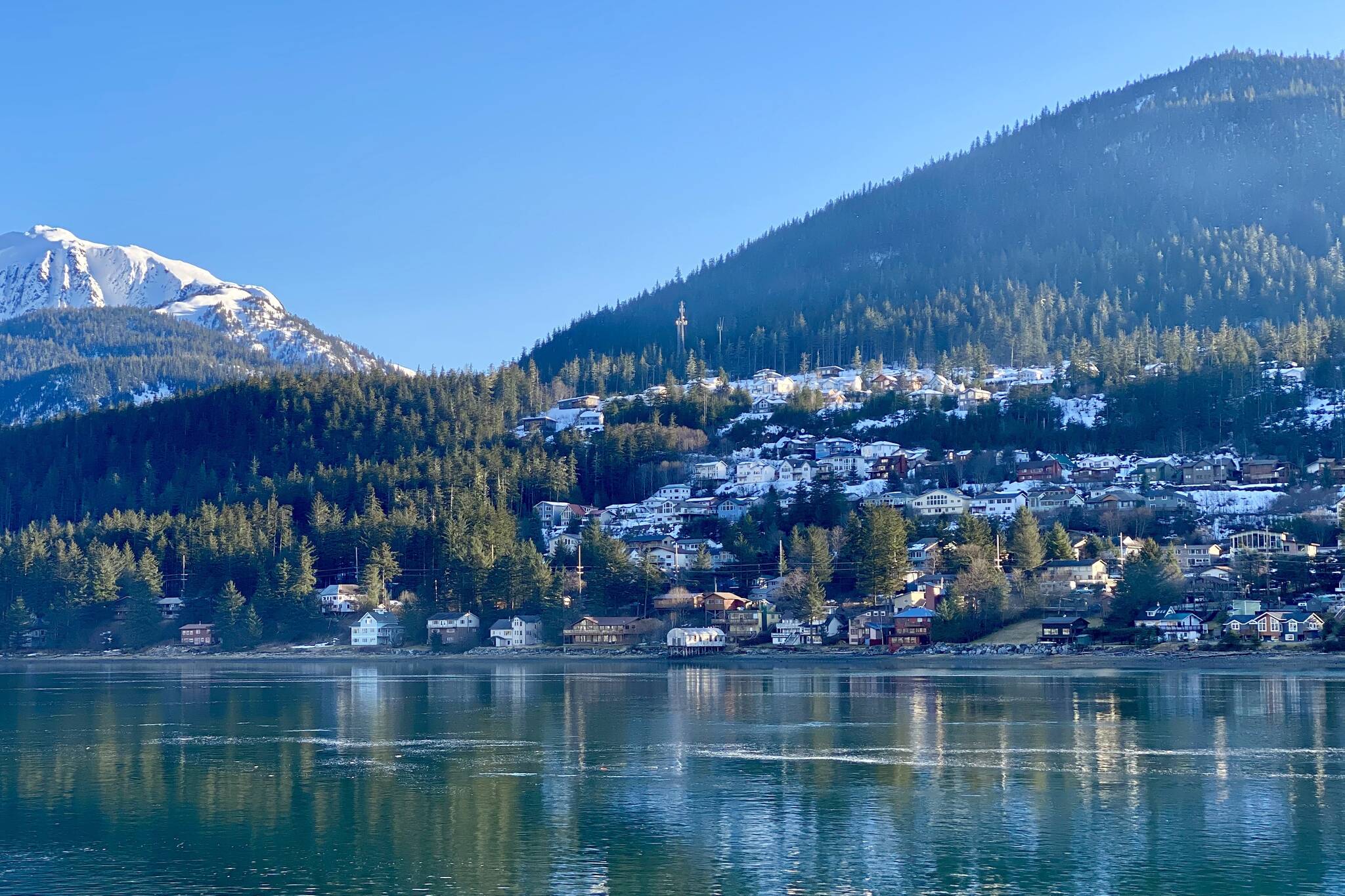Many communities are trying a lot of approaches to cope with residential housing shortages caused by short-term rentals like Airbnb. Juneau’s leaders say it’s time to figure out what will work here — beginning with a mandatory registry so more is known about the impacts.
Drafting an ordinance requiring property owners to register their short-term rentals was unanimously approved by Juneau Assembly members meeting as the Committee of the Whole on Monday.
“This just asks for a draft ordinance, at which time we can ask about the many other questions involved,” said Assembly member Maria Gladziszewski, who chairs the committee.
Among the other issues needing further exploration are what legally qualifies as a short-term rental, how to collect sales taxes from such rentals and the impacts for unusual situations with a large number of one-time visitors such as the Ironman race in August. But Assembly members said getting data to base decisions on is a crucial initial step.
“This issue is really hot in the community right now and I think everybody agrees we need to know if this is an issue,” Assembly member Carole Triem said. “I want to start on this as soon as possible so we can start collecting data as soon as possible. There’s a lot of communities that have done this, so we don’t have to reinvent the wheel.”
The committee did take one other specific step Monday, voting 5-4 to have city administrators draft an ordinance that prohibits property owners who receive a $6,000 city allocation intended to create accessory apartments from using that space for short-term rentals.
“We don’t want to keep creating housing and then have this housing keep turning into short-term rentals,” Assembly member Michelle Hale said, referring to the broader issue of new residential space being used for such rentals.
The city currently has about 8,400 single-family homes and 5,200 condo/multi-family units, Scott Ciambor, the city’s community development department planning manager, told Assembly members. The number of registered short-term rentals has increased from 147 in 2018 to an estimated 170 this year – but those figures likely don’t reflect reality.
“Registration is by business name and difficult to determine if operator/owner has multiple units being used as short-term rentals,” Ciambor wrote in a report presented to the committee. Also, “registration is largely self-report, meaning there are likely higher numbers operating in the community. Monitoring for non-payers is complex and time-consuming with the numerous (online) platforms (4 main; more than 50 other sites) and trying to match business names and properties.”
The local housing market is also under strain from increased demand for employer-assisted housing, decreasing options for independent workers seeking rentals, changes in work-from-home opportunities, and the “high cost/availability of rentals impacting vulnerable, low- income households who are being displaced,” Ciambor noted.
Aside from causing housing shortages for residents, a primary issue is collecting sales taxes on short-term rentals. City Finance Manager Jeff Rogers said there currently is no agreement for Airbnb to do so on behalf of the city, as it does for other municipalities, and requiring the company to do so “is a mixed bag.”
“We would have even less information than we do currently” if that data is collected by Airbnb, he said. Also, that wouldn’t ensure collection of taxes from other short-term rental providers who don’t offer to collect on behalf of municipalities.
Third-party tax collection companies exist, but they charge commissions that could exceed the amount of revenue now uncollected by the city, Rogers said.
Assembly members also inquired about limiting short-term rentals to local property owners, thus preventing outside entities from profiting while reducing available residential housing. That problem was a factor in getting Assembly member Wade Bryson to set aside his initial skepticism in the long-running debate about limits on short-term rentals.
“When it first began, I was extremely opposed to putting any limits on what owners can do with their property,” he said, “However, comments — including outside ownership — means we need to take a look at community impact.”
• Contact reporter Mark Sabbatini at mark.sabbatini@juneauempire.com.

